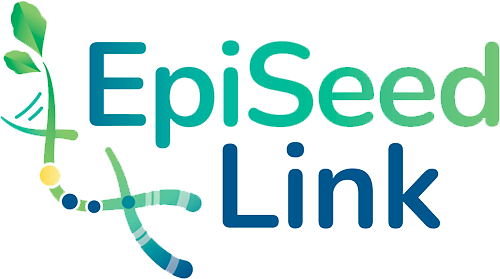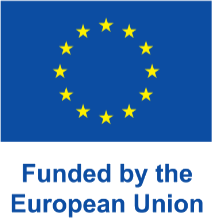Individual Research Project 5. Epigenetic mechanisms of the memory to seed osmopriming at the group of Dr Sara Farrona in the Centre for Plant and Agricultural Biosciences-Ryan Institute at the University of Galway, Galway, Ireland.
It is a project about the molecular memory triggered by seed priming (SP) in response to osmotic stress. SP has been used in agriculture for many years as a means to increase seed vigour, which is a key agricultural trait to secure successful germination and establishment of the new plant. SP may trigger a molecular memory that can persist throughout plant development. Thus, it has been hypothesised that epigenetic mechanisms, which contribute to generate stable transcriptional patterns, may be essential for generating a SP memory. In addition, it is still unknown which particular plant cells may be the depository of such a memory. Shoot apical meristematic (SAM) cells, present during the whole life of the plant, are obvious candidates to act as SP memory reservoirs.
The objectives of the Project are:
- to identify transcriptomic and epigenomic changes associated to SP by performing cell-specific analyses both in Arabidopsis and oilseed rape.
- to identify cis-regulatory sequences associated to SP, focusing on SP memory candidate genes selected by transcriptional and epigenetic analyses.
Active collaboration with partners at the University of Amsterdam, ENS, CSIC-CBGP and BioAtlantis to get not only specific training in molecular approaches but also intellectual input that will be valuable to the progress of the project.
UOG-Host Institution
The University of Galway (UOG) is a research and top-quality teaching university that attracts over 18,000 students and has a large international community from more than hundred different countries. The university is located in Galway, Ireland’s third largest city and regarded as the cultural capital of the country. The University of Galway is also a hub for research in Western Ireland and hosts diverse research centres focused on specific scientific disciplines. Want to know more about NUI Galway? Read more about the history and important facts of our university here.
Our lab belongs to the Ryan Institute, the University of Galway’s largest research institute and an inter-disciplinary research cluster focused on sustainability and innovation, contributing to main Sustainable Development Goals. We are also part of the Sustainable World thematic are of the School of Biological and Chemical Sciences.
The University of Galway is part of the most international city in Ireland and is home to almost 4,000 international students. Galway is a highly diverse city with a strong tradition of reaching out to the world. Under the Third Level Graduate Scheme, non-EU/EEA students who have completed a PhD will be able to remain in Ireland for 24 months while seeking employment or acquiring another form of work permit or green card.
Any questions?
Do you have any questions, or do you require additional information? Please contact: Dr Sara Farrona; sara.farrona@nuigalway.ie.

